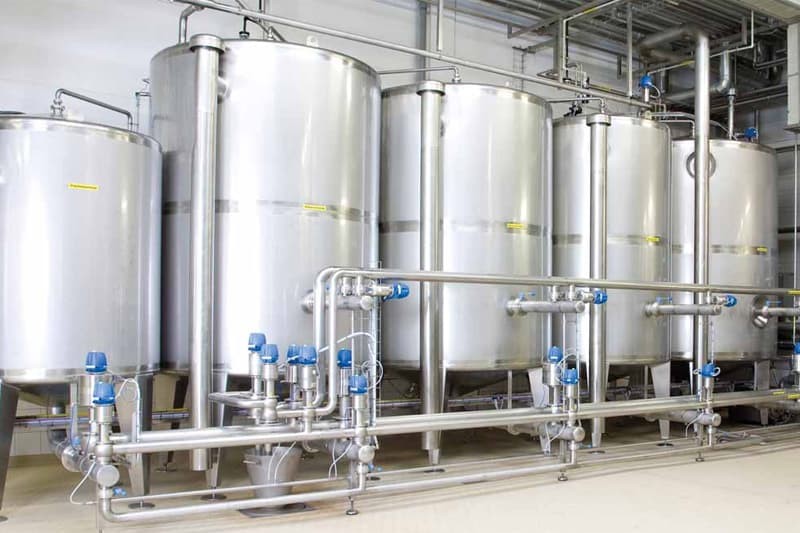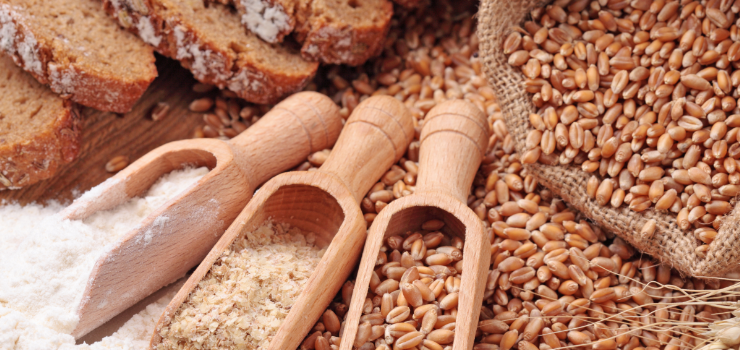Selection of CIP Cleaning System in Craft Beer Equipment

Each container of craft beer equipment needs to be cleaned when it is used, because we are making beer, and every link must not be contaminated, and the microbial indicators must be controlled within the national standards, which involves food safety issues, sloppy Must not. The following is an explanation of the CIP equipment used in dirt cleaning:
- During the production process, some dirt will be deposited on the inner surface of each container and pipeline due to various reasons. The dirt particles mainly include grease, dry yeast, hop resin, beer stone, protein and minerals, etc., which are attached or deposited on the The inner surface of equipment and pipes makes the surface rough and difficult to clean, and also provides a place for bacteria to grow.
- The main purpose of CIP cleaning equipment is to wash away the dirt film and deposited minerals formed by the above proteins and carbohydrates as much as possible. However, because the bactericide can only kill the bacteria on the surface of the dirt, the bacteria that survive inside may also multiply. , causing re-contamination, so the entire colony should be cleaned up before sterilization.
- Cleaning equipment: craft beer equipment of 2000L or less. CIP cleaning equipment is generally only equipped with lye tank and disinfection tank. There are two specifications of 50~100L. It is basically enough. It is installed on a stainless steel trolley and can be used for cleaning. It is flexible enough to move to a certain equipment to be cleaned for circular cleaning. The cleaning liquid is connected to the hose and close to it, and the loss is less. It is very suitable for this kind of small-capacity craft brewing equipment. The cost is not high and it is very practical.
There is an electric heating tube on the lye tank, and with the control box on the cleaning car, the heating will automatically stop when the set temperature is reached. Under the condition of heating, the cleaning of organic matter is very thorough, and after cleaning, the used lye is returned to the tank;
The disinfection tank is a single-layer container that does not need to be heated. Like the lye tank, it has a hand hole, which is convenient for adding bactericides. Food-grade hydrogen peroxide at a concentration of 0.5~1% is usually used for circulating sterilization. After washing, the hydrogen peroxide can be naturally decomposed into Water and oxygen, so there is no need to rinse with sterile water, saving time and effort, very convenient;
Generally speaking, this combination of CIP trolleys is still very cost-effective. With the gradual development of automation technology, automatic control of the cleaning process composed of PLC and touch screen has also emerged, which can meet the requirements of some users with higher automation requirements. .
- There are relatively many CIP equipment used in craft breweries, generally equipped with acid tanks, lye tanks, disinfection tanks, sterile water tanks, and hot water tanks, which are directly placed on the ground and fixed;
4.1 The acid tank is used to store acidic detergents, and the purpose of pickling is to remove inorganic dirt generated in the system, such as calcium and magnesium salts;
4.2 The lye tank is used to store alkaline detergents. Most of them are heated by steam coils and jackets. Normally, they are heated by heat exchangers, that is, extracorporeal circulation heating, which is convenient for maintenance;
4.3 Sterile water tank, the water is from sand filter pretreatment, and then sterilized by ultraviolet light to wash the residual bactericide and improve the sterility level of the system;
4.4 The hot water tank can be heated by the same heat exchanger as the alkali tank. The hot water can flush the lye residue faster, and it can also be used for thermal sterilization in the pipeline circulation. The cooled water is more efficient than sterile water. Reliable, so there is generally no sterile water tank if there is a hot water tank.
The above describes the composition and function of the CIP equipment in the craft beer workshop and the craft microbrewery. I hope it can help you when purchasing beer microbrewery equipment.






